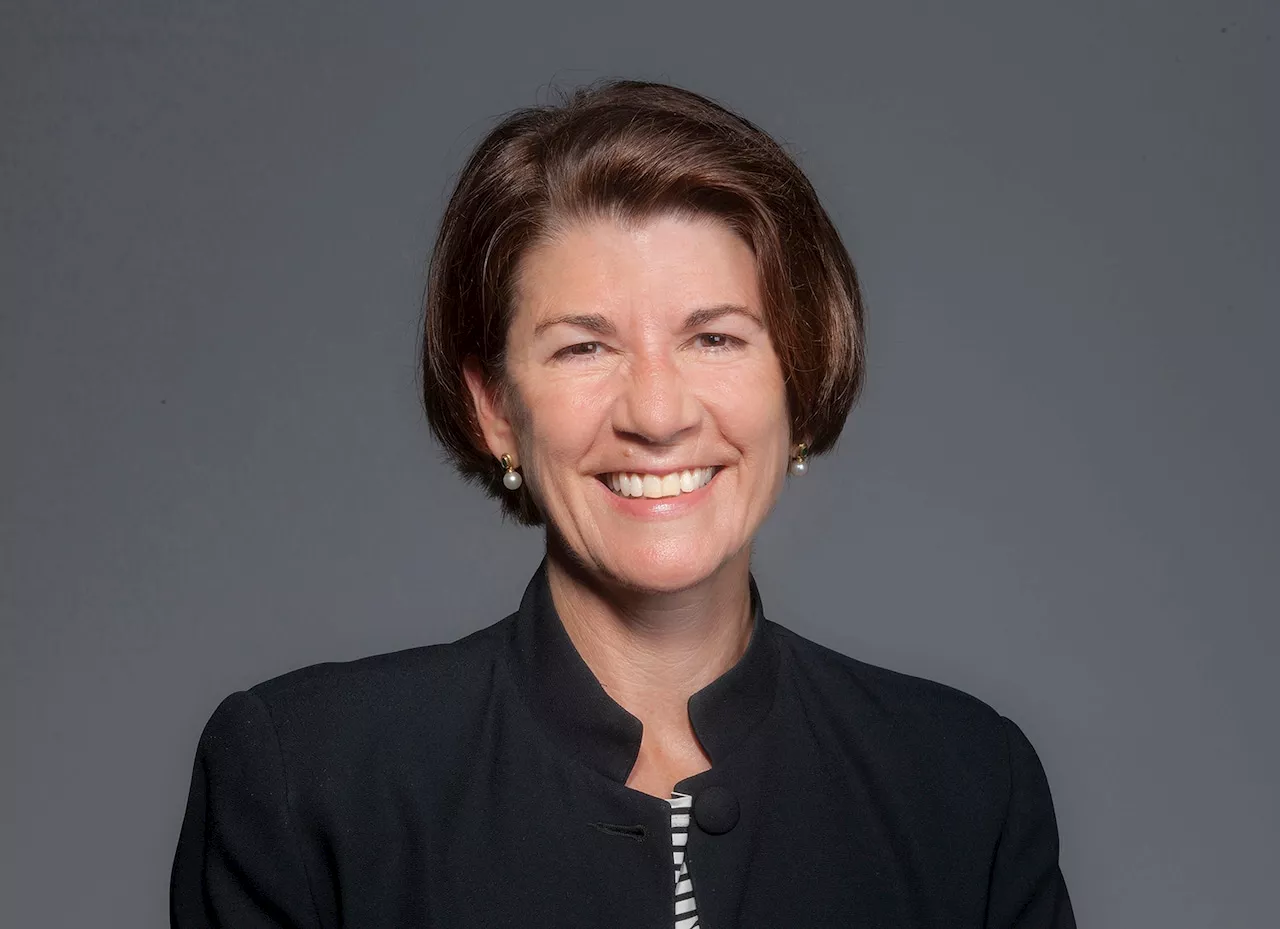Dr. Lance B. Eliot is a world-renowned expert on Artificial Intelligence (AI) with over 7.4+ million amassed views of his AI columns. As a CIO/CTO seasoned executive and high-tech entrepreneur, he combines practical industry experience with deep academic research.
In today’s column, I am continuing my ongoing series about the impact of generative AI in the health and medical realm. The focus this time is once again on the mental health domain and examines the eyebrow-raising aspect that people will lie to their therapist, something they presumably shouldn’t be doing, meanwhile, people tend to be markedly truthful to generative AI when seeking mental health advice .
“The primary aim of this study was to investigate one facet of a survey of the client lying in psychotherapy, that which focused on the nature, motivation, and extent of client dishonesty related to psychotherapy and the therapeutic relationship.” “Most extreme in their extent of dishonesty were lies regarding romantic or sexual feelings about one’s therapist, and not admitting to wanting to end therapy.”
“Results suggest that attachment style plays a significant role in determining individuals’ likelihood of discussing personally distressing topics online and in determining the extent to which they find disclosures in therapy and anonymous and non-anonymous online spaces to be helpful.” “You tell me you are worried about your drinking. I ask you how many drinks you are having each night, and you tell me 1, but you are actually drinking 3-4, and report that your antidepressant isn’t helping. How can I really help?”
There are barriers to being truthful. You might want to refrain from hurting someone’s feelings. You might be embarrassed about something that you did and do not want to confess to it. And so on., July 25, 2019, these are some notable facets of the therapist-client relationship and how lies enter into the picture :
Here are the biggest motivators, according to experts: They don’t want to deal with the consequences, They’re in denial, They don’t want to relive their trauma, and They want their therapist to like them. To make matters more confounding, you don’t have to bring up a mental health topic to have generative AI proceed to give you mental health advice. There are lots of ways that generative AI can become triggered in a computational pattern-matching way that the AI will suddenly offer therapeutic commentary. No need for the user to enter an explicit prompt to get this. It can happen for a slew of other reasons, see my discussion atPeople at times act as though they are using a private confessional.
Many of those assumptions about generative AI aren’t fully true, but it is what people seem to believe to be the case. I’ll be repeating this cautionary note for each of these depictions.Similar to the above-noted logic, people might feel freer to lambast AI if the mental health advice seems ineffective. Such assumptions about generative AI aren’t fully true, but it is what people seem to believe to be the case.
As an aside, whenever you are starting a conversation with generative AI, I recommend as a prompt engineering technique to begin by asking a question that will establish if the AI has been data-trained on the topic at hand. A generated response that is vacuous will give you a heads-up that you might be barking up the wrong tree with that generative AI app.
“These lies can vary in severity and intent, from harmless fun to more serious attempts to deceive or test the AI’s capabilities. Understanding the context and reasons behind these lies helps developers improve AI systems to handle such interactions more effectively.”People would be right to suspect that there is a chance of privacy intrusion when using generative AI, see my coverage at.
Large Language Models Llms Generative AI Chatgpt Openai Lies Therapy Mental Health Clinical Psychology Truth Advice Guidance
United States Latest News, United States Headlines
Similar News:You can also read news stories similar to this one that we have collected from other news sources.
 Nathan Astle MFT, CFT-I™Nathan Astle, CFT-I, is a certified financial therapist, marriage and family therapist, and client financial counselor at Beyond Finance with a focus on the intersection of finances and mental well-being.
Nathan Astle MFT, CFT-I™Nathan Astle, CFT-I, is a certified financial therapist, marriage and family therapist, and client financial counselor at Beyond Finance with a focus on the intersection of finances and mental well-being.
Read more »
 Nathan Astle CFT-INathan Astle, CFT-I, is a certified financial therapist, marriage and family therapist, and client financial counselor at Beyond Finance with a focus on the intersection of finances and mental well-being.
Nathan Astle CFT-INathan Astle, CFT-I, is a certified financial therapist, marriage and family therapist, and client financial counselor at Beyond Finance with a focus on the intersection of finances and mental well-being.
Read more »
 Therapist Tips To Stop Sabotaging Relationships With Red FlagsCaroline Kee is a health reporter at TODAY based in New York City.
Therapist Tips To Stop Sabotaging Relationships With Red FlagsCaroline Kee is a health reporter at TODAY based in New York City.
Read more »
 Ask Amy: My 83-year-old widowed mother is depressed and I don’t know how to helpShe refuses to see a therapist and sees drugs as a crutch.
Ask Amy: My 83-year-old widowed mother is depressed and I don’t know how to helpShe refuses to see a therapist and sees drugs as a crutch.
Read more »
 Ask Amy: I am not my mother’s therapistDear Amy: My 83-year-old widowed mother is depressed, and I don’t know how to help.
Ask Amy: I am not my mother’s therapistDear Amy: My 83-year-old widowed mother is depressed, and I don’t know how to help.
Read more »
 How Queer Sex Therapist Casey Tanner Gets It DoneCasey Tanner’s Instagram account, queersextherapy, is a must-follow for the newly out. Here’s how the sex therapist gets it done.
How Queer Sex Therapist Casey Tanner Gets It DoneCasey Tanner’s Instagram account, queersextherapy, is a must-follow for the newly out. Here’s how the sex therapist gets it done.
Read more »
